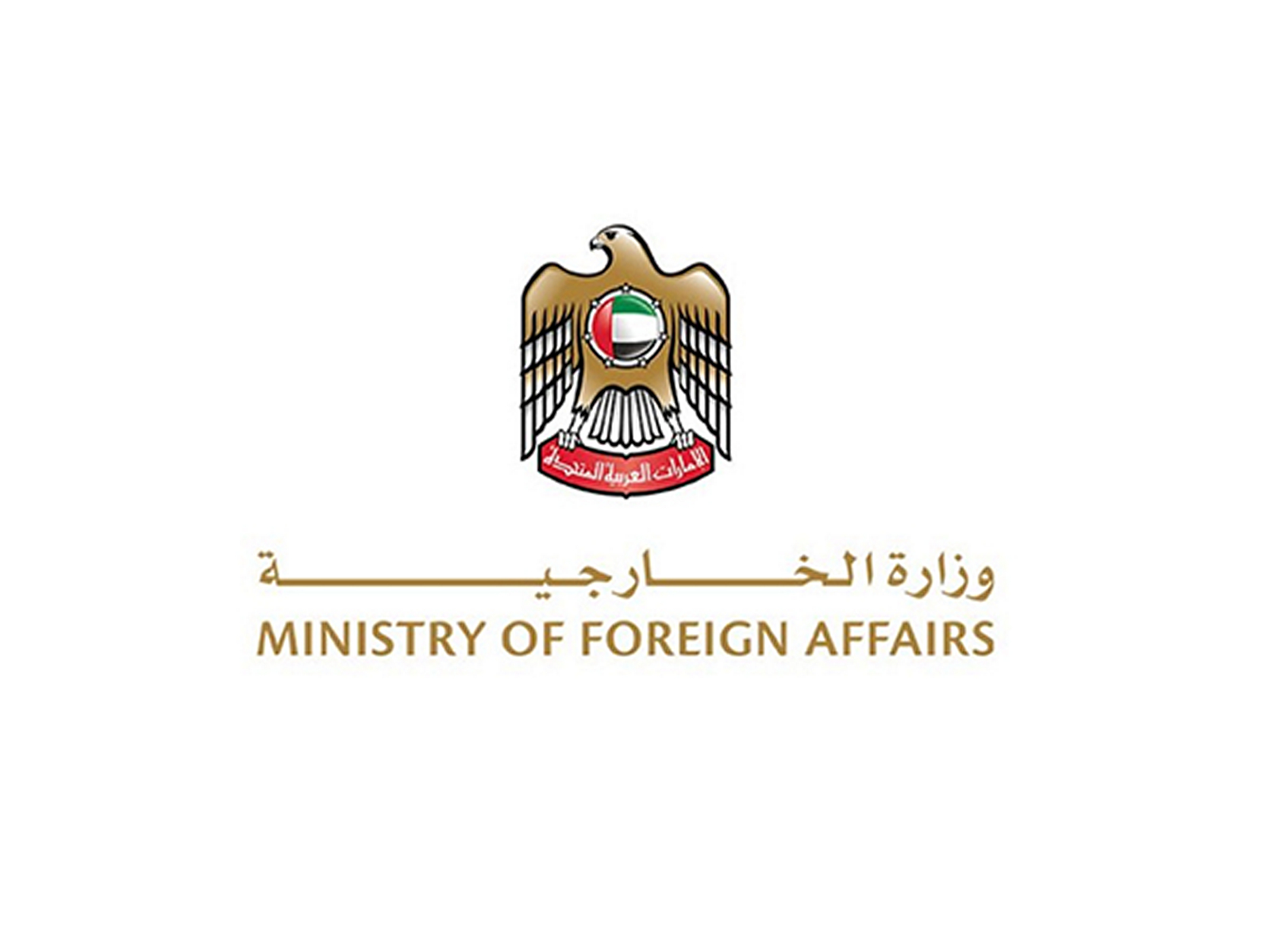RBI's regulatory move: S&P Global Ratings forecasts 60 basis points decline in Indian banks' capital adequacy
Nov 17, 2023

New Delhi [India], November 17 : S&P Global Ratings has responded to the Reserve Bank of India's (RBI) recent regulatory actions, predicting a decline of 60 basis points in the Tier-1 capital adequacy of Indian banks.
According to S&P Global Ratings, these actions include a substantial increase in risk weights on unsecured personal loans, credit cards, and loans to nonbank finance companies (NBFCs), aiming to curb riskier lending practices and bolster overall financial stability.
The move by RBI is expected to have significant ramifications, affecting loan growth, lending rates, and capital adequacy, particularly for weaker lenders.
Geeta Chugh, a credit analyst at S&P Global Ratings, suggests that while these changes may lead to immediate challenges such as higher interest rates and reduced profitability, the long-term impact is likely to be a positive one, contributing to a more robust and resilient banking system.
Chugh said, "Slower loan growth and an increased emphasis on risk management will likely support asset quality in the Indian banking system. However, the immediate effect will likely be higher interest rates for borrowers, slower loan growth for lenders reduced capital adequacy, and some hit on profits".
Chugh added, "We estimate that Tier-1 capital adequacy of banks will decline by about 60 basis points. Finance companies will be worse affected as their incremental bank borrowing costs will surge, in addition to the capital adequacy impact."
Chugh notes that the increased risk weights are a prudent measure, especially in response to the rapid rise in unsecured retail loans, including personal loans and credit card debt.
The risk weights on these loan categories have been raised by 25 percentage points, reflecting the RBI's concern about the potential buildup of imbalances, especially in the case of smaller loans.
The rating agency emphasizes the importance of these regulatory measures in supporting asset quality, given the surge in unsecured retail loans, which have grown by 26 per cent in the 12 months ending September 2023.
The focus on risk management and a more cautious approach to lending are anticipated to address concerns regarding nonperforming loans (NPLs) and ensure the stability of the banking sector.
S&P Global Ratings estimates that the Tier-1 capital adequacy of banks will decrease by approximately 60 basis points due to these regulatory changes.
Finance companies are expected to face a more pronounced impact, with higher borrowing costs adding to the challenges posed by the capital adequacy adjustments.
Importantly, the rating agency clarifies that these regulatory adjustments won't have an immediate effect on the credit ratings of Indian financial institutions.
The risk-adjusted capital ratio for rated banks and finance companies will also remain unaffected. The risk weights applied are consistent with global standards, reflecting S&P Global Ratings' view on risks associated with underlying asset classes.
S&P Global Ratings emphasizes the prudence of the RBI's move, particularly in addressing the surge in unsecured retail loans, which represented about 9.8 per cent of total loans in the Indian banking system as of September 2023.
The focus on risk management and the need for capital adequacy will be crucial in ensuring the stability and resilience of the financial sector amidst evolving economic conditions.
While the regulatory measures are expected to bring short-term challenges, they align with a global trend toward more cautious lending practices and enhanced risk management.
As India grapples with the impacts of the COVID-19 pandemic and strives for economic recovery, such regulatory interventions play a crucial role in maintaining the stability and integrity of the financial system.




















